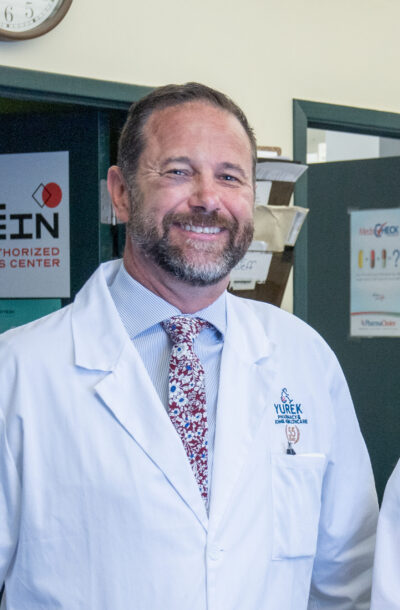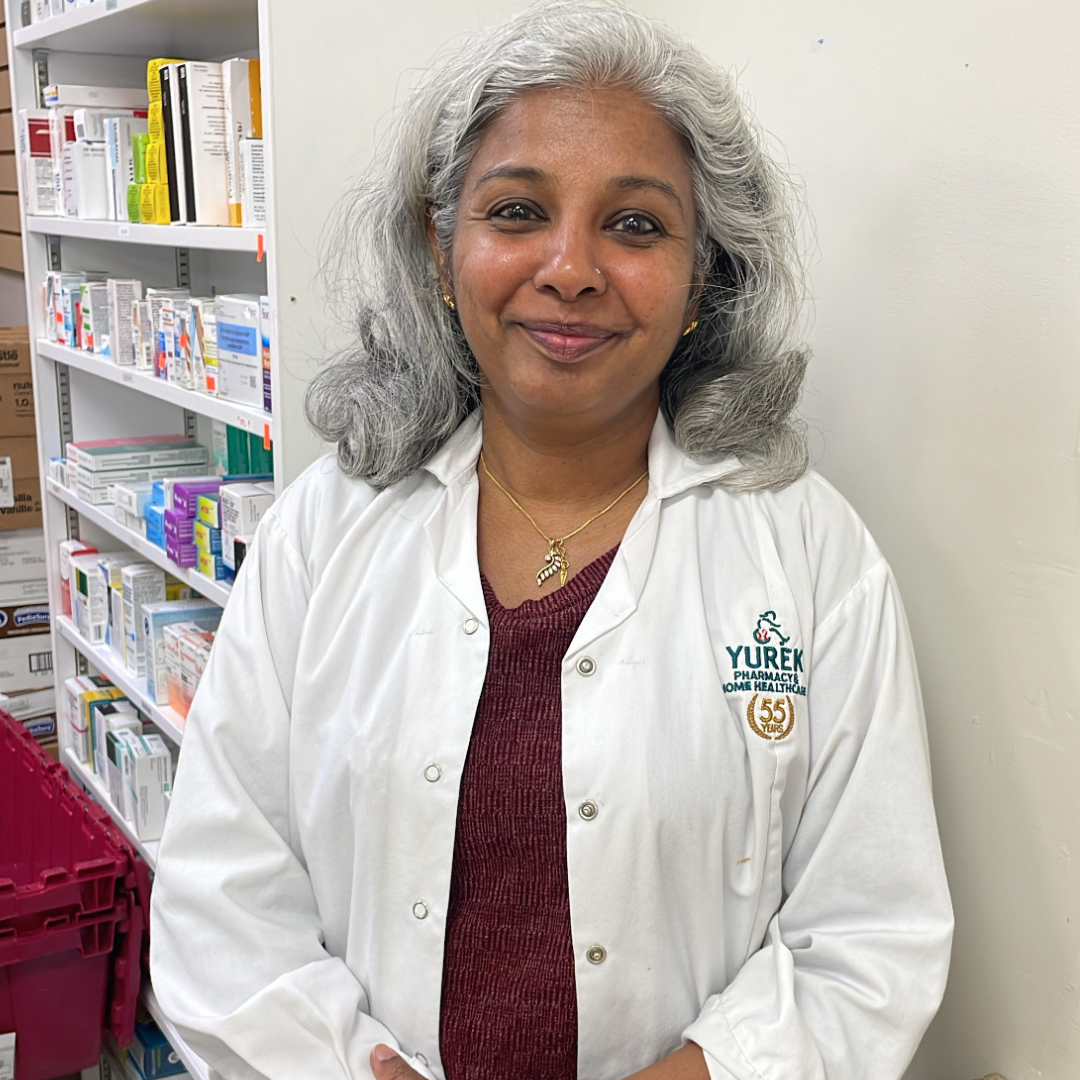By Steve Bond, BScPhm, RPh, CDE
Anyone who has attended a function at the Seniors’ Centre can attest to the feelings of satisfaction and joy they experience. This is not surprising as the human brain has evolved to support social interactions according to the social brain hypothesis. Furthermore, studies have shown that belonging to a group improves overall satisfaction with life.
A recent study published in the journal Alzheimer’s and Dementia looked at loneliness and memory function in people over 50. Conducted over a 20-year period, this study demonstrated that loneliness led to lower memory scores and a faster rate of decline. The findings were most prevalent in those over the age of 65 and in women more than men.
One interesting finding in this study is that the longer we feel lonely, the more rapid the decline in our memory. This supports the idea that early intervention is critical to improving how we think. If we can break the isolation that we experience, we can have better outcomes and support healthy aging.
Previous research looked at how our brain changes in response to social interaction. MRI scans have shown that certain regions of the brain involved in learning, memory, language, attention, and planning were diminished in size in those who are socially isolated.
One study even found that the size of the area of our brain involved in cognition and emotion was proportional to the size of our social group. So, how do we tackle social isolation? Joining a class or club exposes us to a group of people with whom we share at least one interest. This can often lead to other activities outside of the class.
I’ve spoken before about the “helper high” —the emotional boost one gets from volunteering. Similarly, this can improve our memory and give us a sense of gratification to help those less fortunate. Many people find support online through social media. Please be cautious about people you meet online. There is also a risk of FOMO (feelings of missing out) if we only read friends’ social media and see all the things they are doing. So I encourage people to watch if you start to feel this way. Finally, there is nothing more satisfying than strengthening existing relationships; friends and family may drift away from us but reforming these bonds can really help.
One final thought: While we all need to be our own advocates of health and strive to address personal isolation, we also need to be watchful for friends and family. Reaching out to someone we feel may be isolated and we can help them too. Take care of yourselves and each other.








